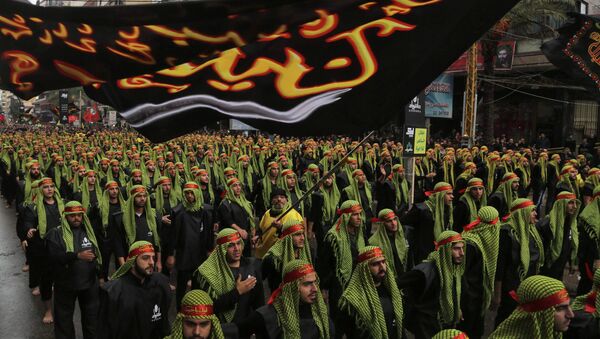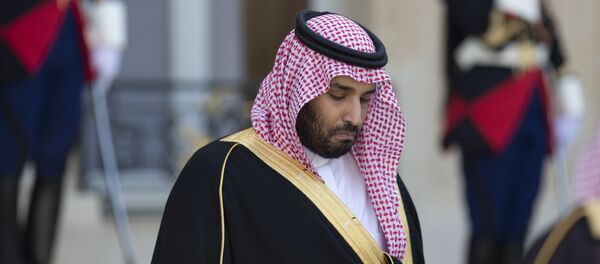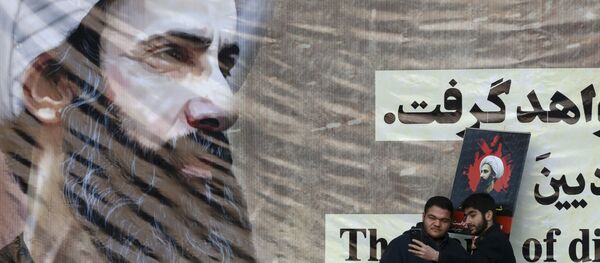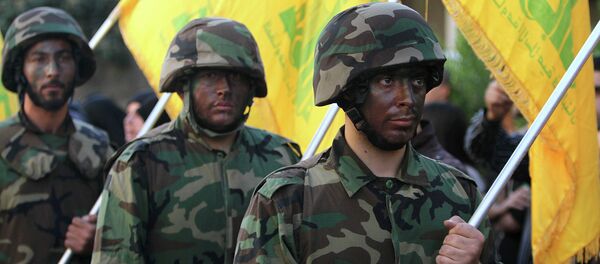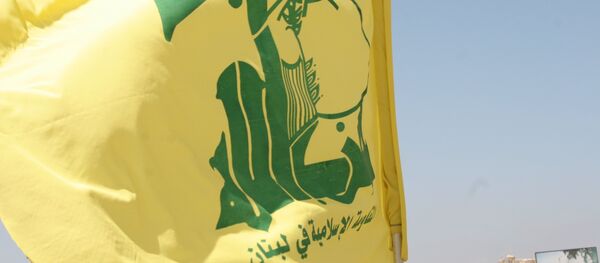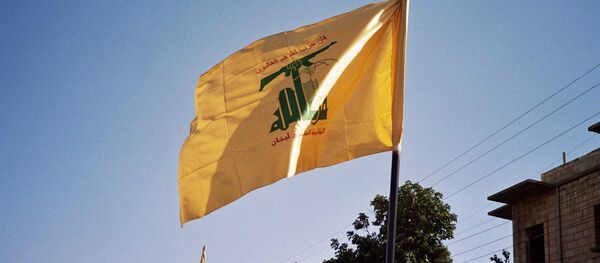On Wednesday, the six states comprising the Gulf Cooperation Council (GCC) classified the Lebanese-based Hezbollah as a terrorist organization, in an escalation of regional and sectarian strife.
So why now?
"This is their way to get back at Iran," said Azal, attributing the terror designation to a power struggle between the region’s leading nations. "Two weeks ago the Saudis announced that they were halting $3 billion in aid, as well as an additional $1 billion, that they had promised to Lebanon following the Lebanese government’s failure to condemn the attacks on Saudi diplomatic missions in Iran."
Prior to Wednesday’s declaration by the GCC, only two countries designated Hezbollah as a terrorist organization – Israel and their lead ally, the United States. Azal sees the Gulf countries escalating tensions by the use of the terrorist designation, joining with Israel and the United States in a potentially dangerous development for regional stability.
What triggered the recent bout of Saudi-Iranian tensions?
The boiling point, according to Azal, came with the execution of respected Shiite preacher Nimr al-Nimr. Sheikh Nimr "had been incarcerated after a series of protests in Shiite majority regions of the Saudi Kingdom precipitated by Nimr’s denunciation of Saudi discriminatory practices against the Shia." Azal notes that, while the Saudi Kingdom had threatened to execute Sheikh Nimr for the entirety of his incarceration, "Iran thought they could stave off this execution and even warned Saudi Arabia."
But, when the New Year came, Sheikh Nimr was executed, leading to violent protests in Iran against Saudi Arabia.
"Iranian protesters, unprompted, stormed the Saudi embassy in Tehran and their diplomatic mission in Mashhad," Azal recalls. "The Saudis blamed the Iranian government, despite footage of Iranian forces trying to stop the mob. This has now escalated to the point where Hezbollah has been designated a terrorist group by the GCC."
Tensions unlikely to subside anytime soon
Becker expressed concern regarding the Saudi Kingdom’s condemnation of Nimr al-Nimr’s nephew, Ali, to death by beheading and crucifixion. Ali, a young man arrested at 17 for engaging in anti-discrimination protests against the Saudi regime, is now awaiting death, and his execution may well spark a new round of sectarian violence.
Azal explained that Ali "was arrested along with a large group of Shiite protesters and the threat of the execution is that they will behead this young man and then after beheading him they’ll crucify his body." Azal elaborated that this type of execution "is designed to be an indignity to the family."
What are the roots of Hezbollah and are they really a terrorist organization?
Hezbollah emerged during the Israeli invasion of Lebanon in 1982, in the wake of a subsequent power vacuum among the Shia community following the disappearance of Amal (a Shia militant group) leader Musa al-Sadr, explained Azal. "Various Shia groups coalesced to Hezbollah with the help of Iran and these groups swore allegiance to the Islamic revolution in Iran and the spiritual figure Ayatollah Ruhollah Khomeini."
Hezbollah challenged Israel’s invasion through the proxy South Lebanese Army beginning in 1982, until Hezbollah successfully repelled the occupation in 2000. Hezbollah became a legendary force among the Arab world because of its successful 18-year resistance to Israeli influence in Southern Lebanon. The group, Azal stated, from 1990 to 2000 slowly deradicalized, converting from a primarily resistance militia into a political party that now represents a leading part of the mainstream Lebanese politic.
In 2006, Israel invaded Lebanon again. The invaders dispatched military forces and planted hundreds of thousands of US-made anti-personnel cluster munitions throughout Lebanon, exacting a gruesome toll on young Lebanese civilians, but the Israeli Defense Forces were unable to eradicate Hezbollah, due to the effectiveness of the latter’s guerilla tactics.
"Let’s not kid ourselves, Hezbollah defeated IDF in 2006," explained Azal.
"The IDF was outmatched by Hezbollah’s guerrilla tactics, they hacked tanks, sank Israeli ships, and even managed to pierce Israel’s mainland with scud missiles." Azal elaborated that, "the streets of the Arab world were resoundingly with Hezbollah, and this is what really scared the hell out of these Arab leaders… Arab leaders felt fear because at the time Nasrallah really emerged as the de facto leader of the Arab resistance against Israel."
Azal pointed out that, rather than a terrorist organization, Hezbollah should be considered a resistance militia that has matured into a political movement.
The organization’s close ties to the Iranian government create concern for Gulf leaders who fear an uprising similar to that in Egypt or Tunisia.
The name-calling escalation by the GCC is an effort to "pick on the Shia to distort and distract blame from suffering with the Saudi Kingdom," which Azal predicts will run out of oil and influence before 2030.

